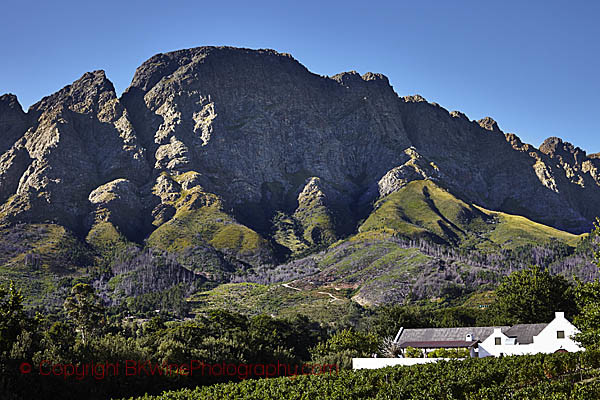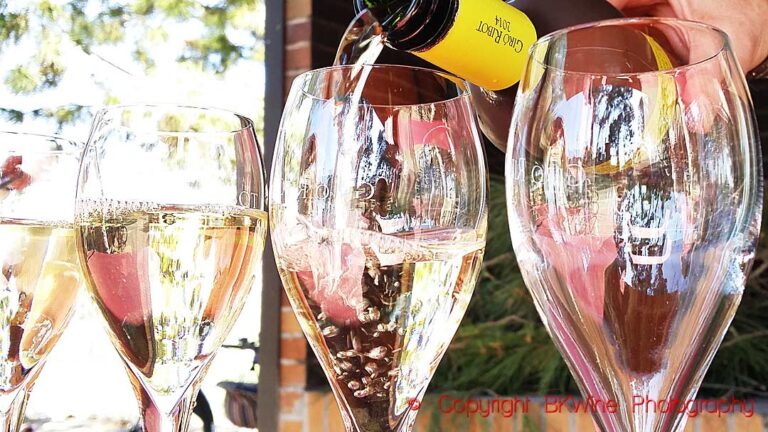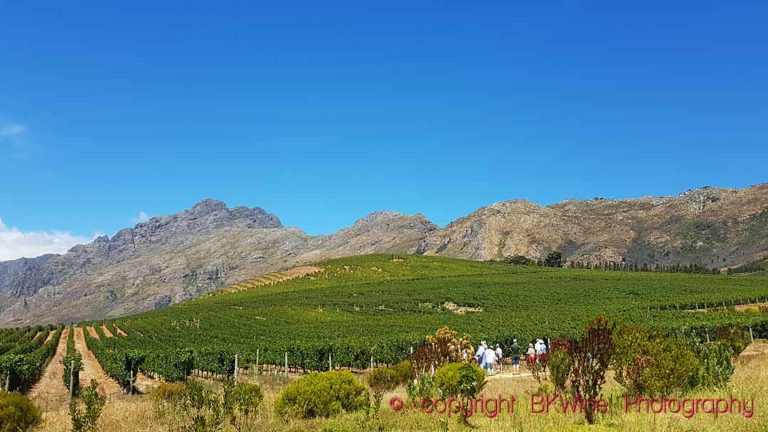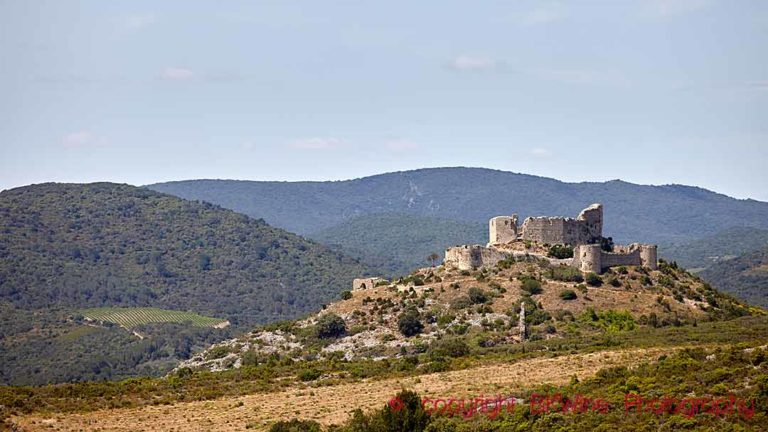There’s a lot going on in the South African vineyards, isn’t that so Maja?
When the South African wine fair took place in Stockholm your envoy took the opportunity to talk to the country manager of The Wines of South Africa (WOSA), the wine expert Maja Berthas. South Africa was, until 1990, for the most part a closed wine country with very little contact with the rest of the wine world. Since then, progress has been extremely rapid, both for traditional wineries and newly established ones.
BKWine Magazine: What’s WOSA role?

Maja Berthas: WOSA is a marketing organization that helps to spread awareness of South Africa’s wine country and creates platforms for producers and importers to work from. We also work with brand building around South Africa as a whole, which also includes tourism.
What does South Africa have that the Old World has not?
WOSA: As South Africa is a very young wine country in many ways, one can definitely find a lot of experimentation that might not always be the case in traditional wine regions. It is not at all without wine laws, but the main difference is that in South Africa you can plant any grape variety anywhere. There are no constraints on grape varieties which of course allows for experimentation.
South Africa also has a genuine desire to constantly evolve as wine country. In addition, South Africa has a fantastic wine tourism, different than many traditional regions. In the region around Cape Town, tourism is very strongly linked to the wine industry and to gastronomy. I think that this is quite unique. This makes it extremely accessible for tourists to discover the wine country of South Africa.
What have been recent developments among traditional wineries in South Africa?
WOSA: I think that many of the established producers continue to strengthen their international position by constantly working with its quality. We also see an evolution of the “flagship wines” where the classic producers constantly develop new products that contribute to their “premiumisation”. Some traditional producers have difficulties with making both ends meet, which means that they are constantly fighting for acceptance of higher prices for the wines from South Africa.
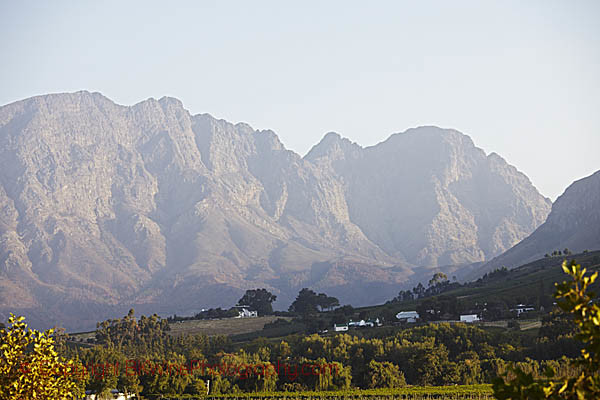
There has been a lot of talk earlier about the smokiness or burnt character of South African wines, how does this look now?
WOSA: The previously very much talked about smokiness of South African wines are becoming increasingly rare. In most of the wines of higher quality and in higher price categories, this is completely gone.
How are new winemakers positioning themselves? Which trends are hottest?
WOSA: Looking at the new wave of winemakers, one can clearly see a trend towards more terroir-driven wines made without any major influence from the winemakers themselves. There is a clear “natural wine” trend among many of the smaller producers.
Most are also working more or less organic and often inspired by biodynamic principles. As for wine styles it is usually about less use of new oak, lower alcohol and various, not always conventional, grape blends.
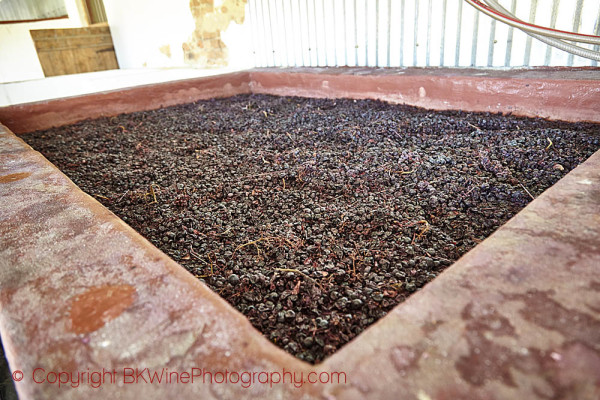
How do you meet the global trends towards less barrel ageing and cooler growing climates?
WOSA: South Africa is in line with international trends. They use much less barrel ageing and especially reducing the use of new barrels. New wine-producing areas with cool climate potential are emerging all the time, but they have also learned to adapt their grape choices to the climatic zones in the country. This can be seen especially in the large increase in grape varieties from the south of France that are adapted to a warmer climate.
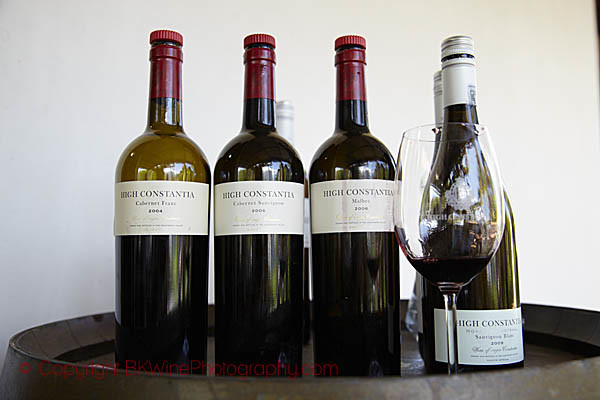
Why do you think the South African wine industry is so exciting and special?
What is the coolest thing with the (wine) country South Africa is the development stage it is in. We’re talking about a very young wine country that is developing rapidly. As a consumer or professional you have a unique opportunity to see a wine country “born again”, right in front of you!
The country has also definitely found a greater maturity and a clearer identity which gives direct results in the quality of the wines.
The new South Africa is indeed here, and there’s still plenty to discover. It is like coming to a new country every time I am there, and yet I visit South Africa several times a year. The dynamism of the wine industry in South Africa today is both unique and special.
It is also amazing to see how the work on equality and equal opportunity in the industry going forward. Sure, it takes insanely long time to change direction on these issues, but today actually almost 42% of the wines produced work under ethically certified conditions, which is amazing after only 20 years. And the 58% who are not yet there are working on becoming ethically certified.
We thank Maja Berthas, WOSA’s person in charge in Sweden, for these insights and wish good luck in the future work with WOSA.
Mikael Karlin writes för BKWine Magazine on wine tastings and wine events in Sweden.
Don’t miss Lennart Stengard’s article on some of the wines that were presented at the South African Wine Day.
[box type=”info” style=”rounded” border=”full”]If you want to discover more of the wine country of South Africa and really see this exciting development up close, then you should come on a wine tour to South Africa with BKWine.
Travel to the world’s wine regions with experts on wine and the specialist on wine tours.
Wine tours that will be a memory for life. BKWine wine tours.[/box]
